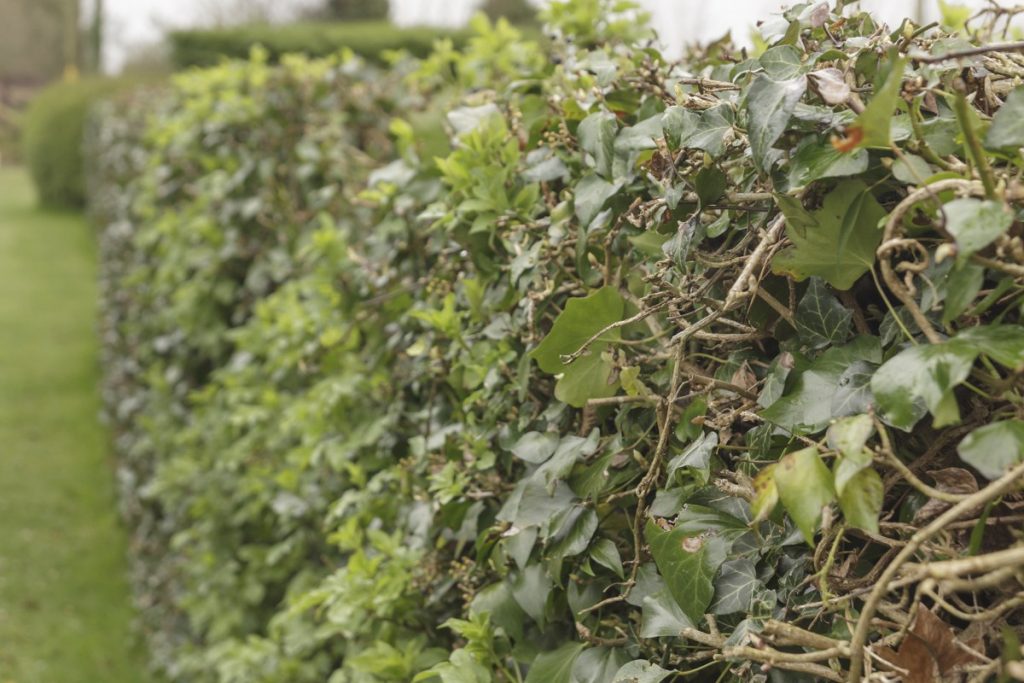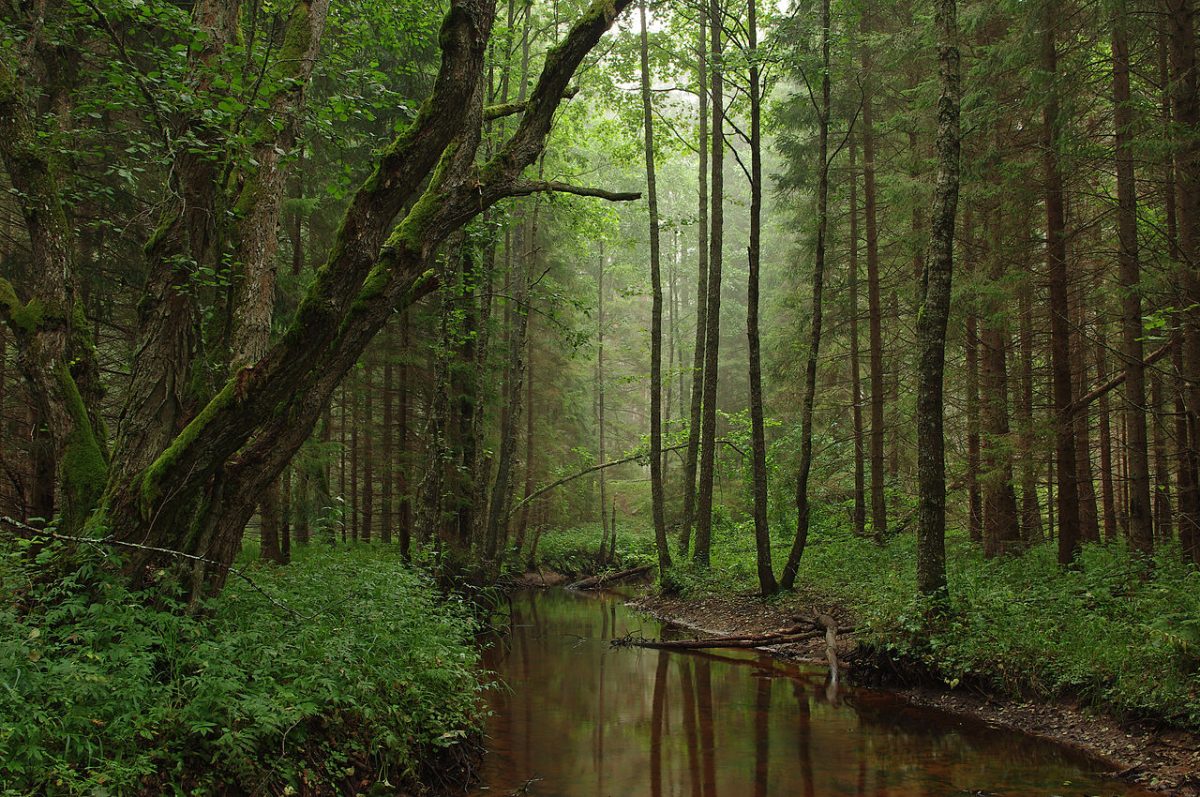The fate of declining bee populations is in our hands

July 11th, 2018
English broadcaster and naturalist Sir David Attenborough recently warned that the extinction of bees will be a disaster for humankind.
“If bees were to disappear from the face of the earth, humans would have just four years left to live,” Sir Attenborough said.
A 2016 study in Nature Communications found that just two per cent of wild bee species are responsible for pollinating 80 per cent of the crops that we rely on for food supply.
Scary stuff, especially when we know that one-third of the 99 Irish bee species are facing extinction.
So what can we do to halt the decline?
Well, one thing would be to stop contributing to the decline in the first place through the excessive use of pesticides.
Developing and using natural alternatives will not solve the issue alone, however, so what else can we do as individuals to support our collapsing bee populations?
Sir David Attenborough warns that a four century long trend of human beings exterminating other species will only continue as the world is now so crowded @PA pic.twitter.com/ZZZBM9shDQ
— Rich McCarthy (@VJRichMcCarthy) March 23, 2018
A spoonful of sugar helps (kinda)…
It has been said that if you find a tired bee in your home, a simple solution of sugar and water will help revive a hungry and exhausted bee.
As simple a solution as this might seem, unfortunately, a spoon of sugar will not solve the extinction issue of pollinators.
Dr Una Fitzpatrick, the coordinator of the All-Irelands Pollinators Plan project, told The Green News that she would tend to avoid recommending the spoon with sugar.
“It’s a little bit too much like gardening nature,” added Dr FitzPatrick, who is also an ecologist with the National Biodiversity Data Centre (NBDC).
She said that the goal of the project is to encourage a long-term change to ensure food and safe places to nest for bees all around Ireland.
One simple way to achieve this, she said, is by mowing grass less, reducing the use of chemical sprays in our gardens and planting more bee-friendly plants.
Our tendency to tidy up public parks, green spaces and our gardens rather than letting wildflowers grow is having a big impact on bees population, cutting out food supplies and shelter for them.
Allowing six weeks rotation for the grass to grow longer or leaving a small space of unmowed grass would allow wildflowers to grow and provide more food for pollinators, the pollinator plans states.
Planting bee friendly plants will benefit all pollinators, according to Irish beekeeper Olly Nolan.
He said that while most of our honeybees are managed by beekeepers, the other 98 species have “no one looking out for them”.

Photo: Niall Sargent
Heritage Bill and our hedges
Dr FitzPatrick told The Green News that hedgerows are “vital to the survival” of pollinators as the provide food supplies from spring till autumn and help pollinators to move through the landscape.
The Heritage Bill that passed through the Dail last week, however, looks set to give a green light to allow for the cutting of road-facing hedges in August.
“Cutting in August would have a negative impact on bees by reducing flowering resources in hedgerows,” Dr FitzPatrick said.
“If protected from fertiliser and pesticides, [hedgerows] can be a vital source of wildflowers, particularly on intensive farmland, where pollinators will otherwise struggle to survive,” she added.
The Federation of Irish Beekeepers’ Associations has also spoken out against the Bill in the past.
[x_author title=”About the Author”]






